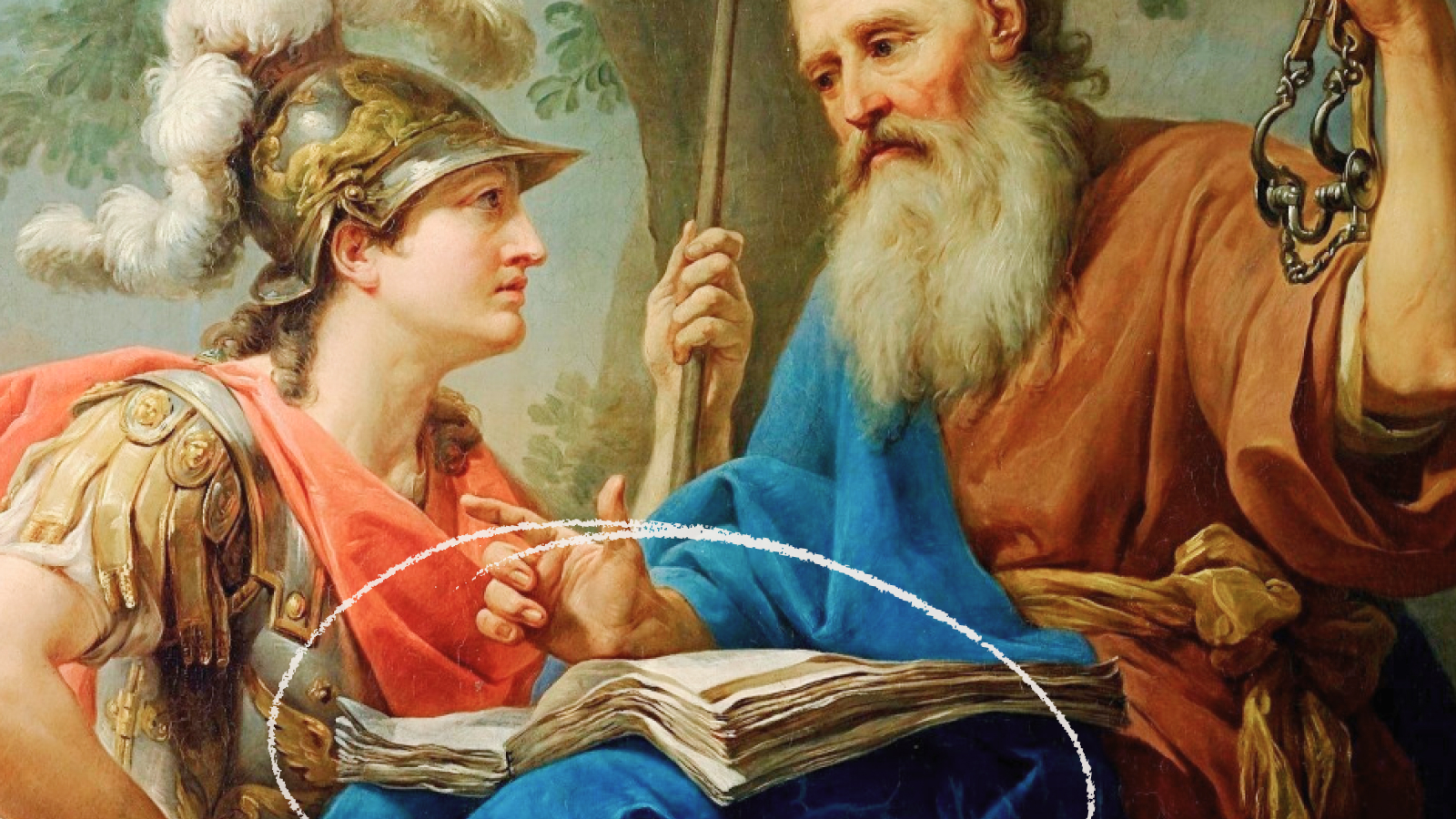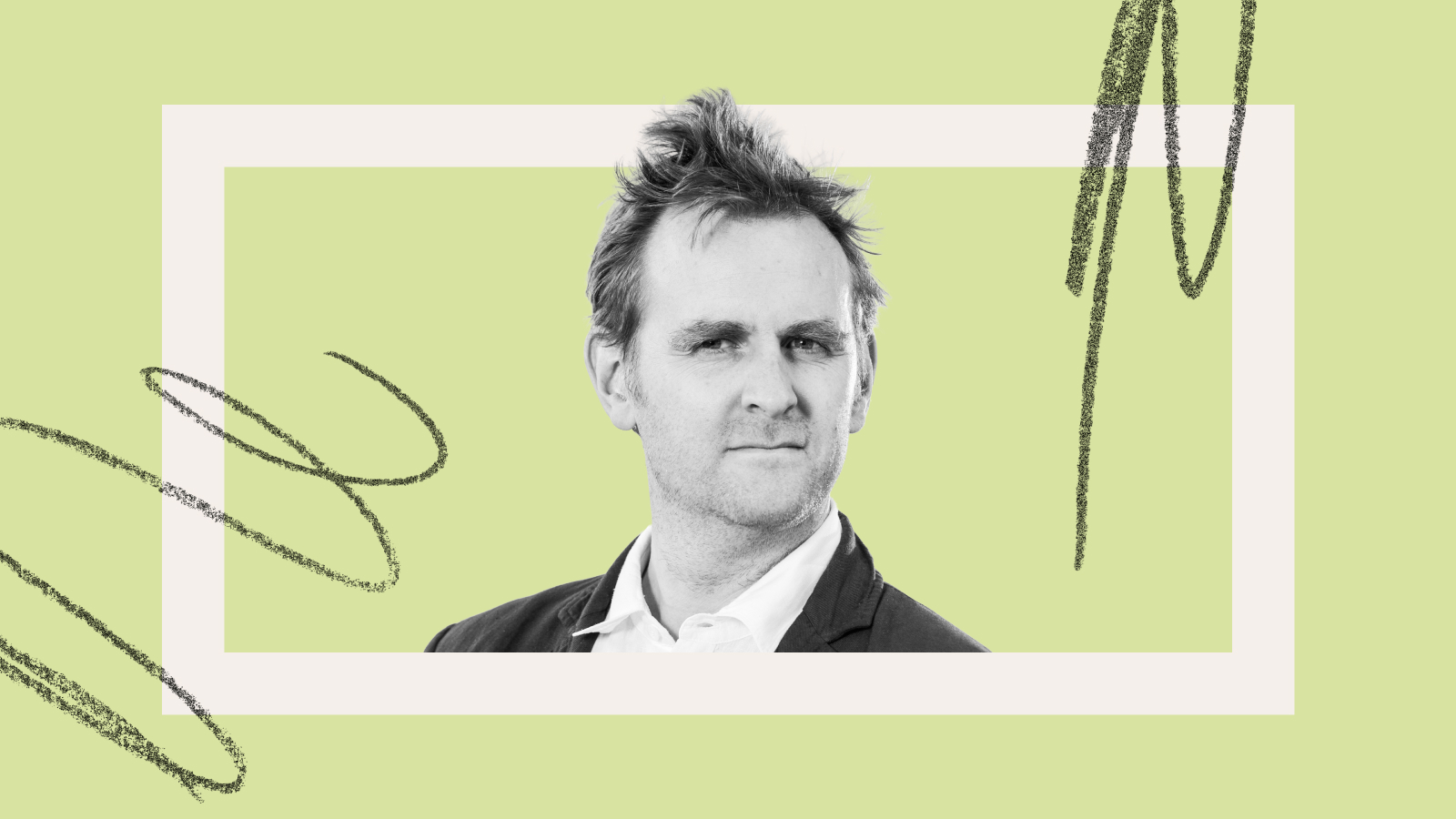Gerhard Schroeder wanted a briefing.
Jean-Francois Rischard: As I said, being at the Bank, you’re in an outpost where you see the planet more clearly than I think in many other jobs, almost because of the design of the institution and the nature of what it does. And having been around many years at the high level, I had, I think, more of a broad view than most people have. And when I was the European Vice President with Wolfensohn, we went all over the Prime Ministers, and the Ministers, and the G8s, and the European summits and so forth. And at some point I had this feeling which I then wrote about that in a way, there was no pilot in the cockpit on many global issues; that there were these UN summits and these G8 declarations and so forth, but that in true fact, many of the big global problems – like global warming being one – were not being actively solved by the international system as we know it. And so one day I did something I did every year, which was to take a week off to write a major speech. I sat down and wrote a speech about this question of why there were some two dozen issues that were not being solved deeply enough, and fast enough; and why that was and what we could do to accelerate this global problem solving that seems to be so slow to come by. And that speech worked out fine, and then there was an extraordinary moment where Chancellor Schroeder, who was then Chancellor of Germany, asked the World Bank for a briefing, which is remarkable actually. He asked to be briefed on poverty and development issues. And so we had a meeting with him in a restaurant in Hanover – on a Sunday, I remember. Wolfensohn, Nick Stern – who then wrote this famous climate change report for the British government later – and myself, and Chancellor Schroeder and two people. And since I had organized the meeting, I had kept one hour at the back of the meeting for my ideas on global governance and global issues. And so Wolfensohn spoke for three of four hours on poverty and development, and then I started to talk about global issues. And Chancellor Schroeder was very interested, and Jim Wolfensohn was intrigued and interested as well. And in the evening when we had dinner together after a successful day with Chancellor Schroeder, I asked Wolfensohn what to do about it. And he said, “These ideas go far beyond the World Bank, so write them up under your own name.” And that led me to write the book, which is a book that was critical of the G7, of the UN and so forth; but somehow I got away with it while being in the institution as a sitting Vice President. And that shows you one more time how open minded an institution it was at the time, and I’m grateful for that. And then the book led into many speeches, and into a whole campaign on these questions. But that was the origin of it.
Recorded on: 7/2/07





